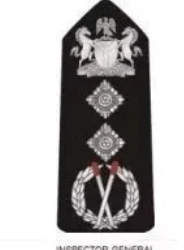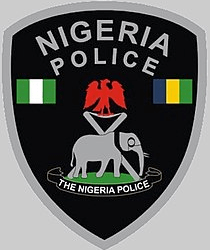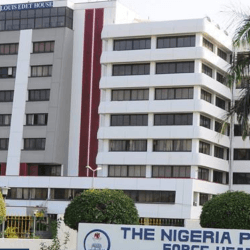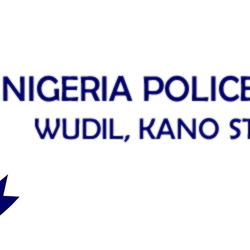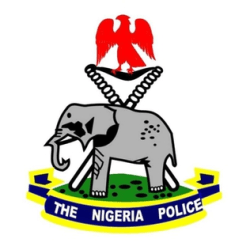The hierarchy of the Nigerian Police Force, as outlined, is a well-structured system that clearly defines roles, responsibilities, and powers at every level. It reflects the disciplined and regimental nature of the force, ensuring an organized chain of command from the Inspector-General of Police (IGP) down to the rank of Constable. This system plays a crucial role in maintaining order, discipline, and efficiency within the police force, and it ensures that authority flows systematically across all ranks.
Here’s a brief breakdown of the key functions within this structure:
- Inspector-General of Police (IGP) – The highest authority, overseeing nationwide police operations.
- Deputy Inspector-General of Police (DIG) – Supports the IGP, steps in when necessary.
- Assistant Inspector-General of Police (AIG) – Manages zonal commands and regional duties.
- Commissioner of Police (CP) – In charge of police operations within a state.
- Deputy Commissioner of Police (DCP) – Supports the CP at the state level.
- Assistant Commissioner of Police (ACP) – Manages specific divisions under the DCP’s supervision.
- Chief Superintendent of Police (CSP) – Heads police divisions or departments.
- Superintendent of Police (SP) – Manages police stations and reports to the CSP.
- Deputy Superintendent of Police (DSP) – Assists in station or unit management.
- Assistant Superintendent of Police (ASP) – Entry-level officer, leading smaller units.
- Inspector of Police – Senior non-commissioned officers managing Sergeants and lower ranks.
- Sergeant Major – Oversees discipline and field operations among lower ranks.
- Sergeant – Supervises Corporals and Constables in field duties.
- Corporal – Assists the Sergeant in operational duties.
- Constable – Entry-level officer performing basic duties.
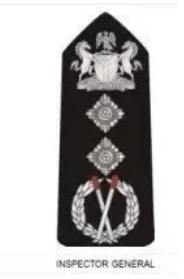
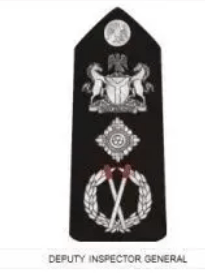
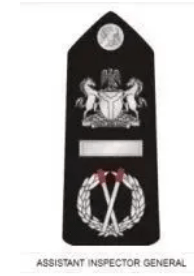
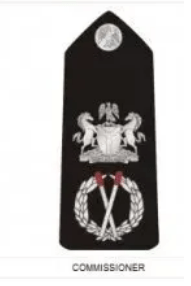
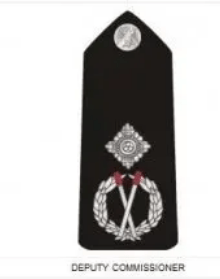
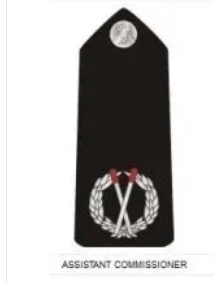
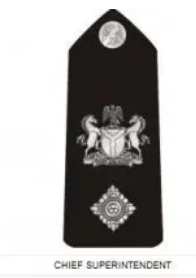
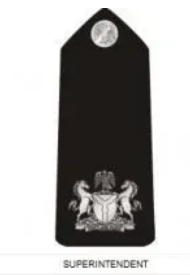


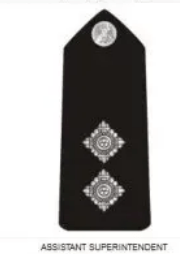
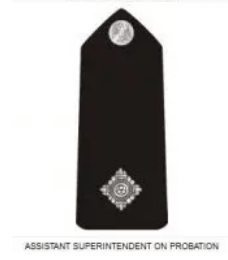
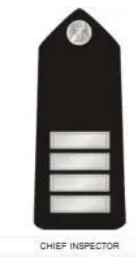
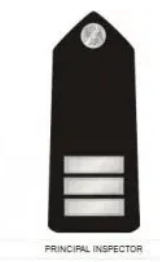

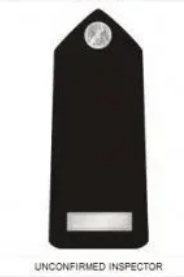
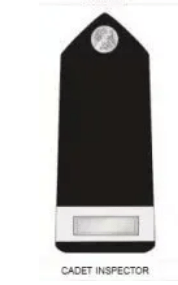
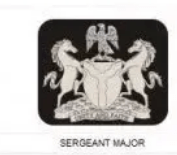
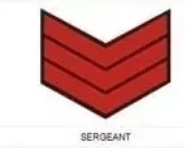
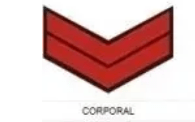
Each rank builds on the responsibilities and authority of the previous one, ensuring an efficient and disciplined flow of command within the Nigerian Police Force.
